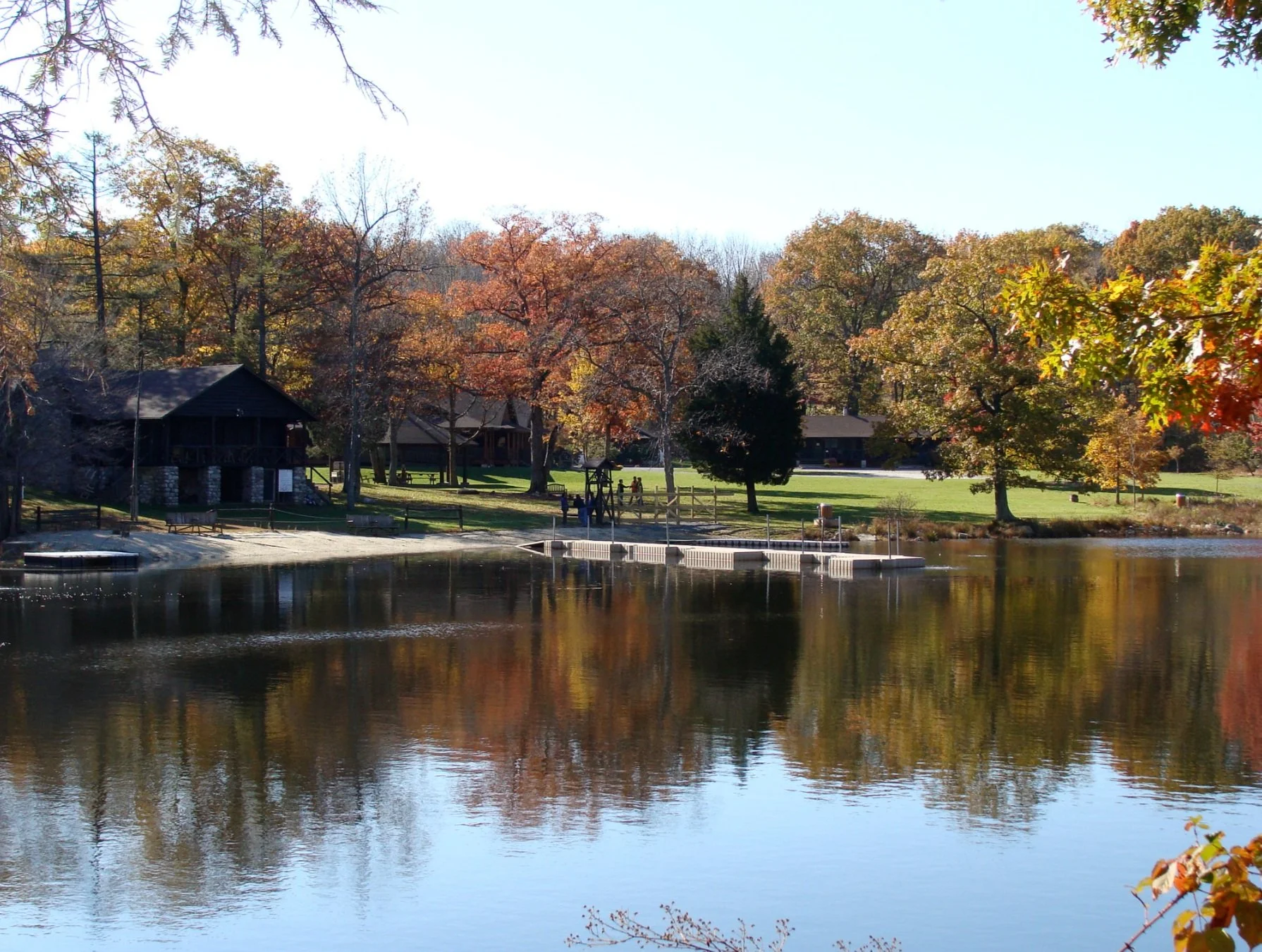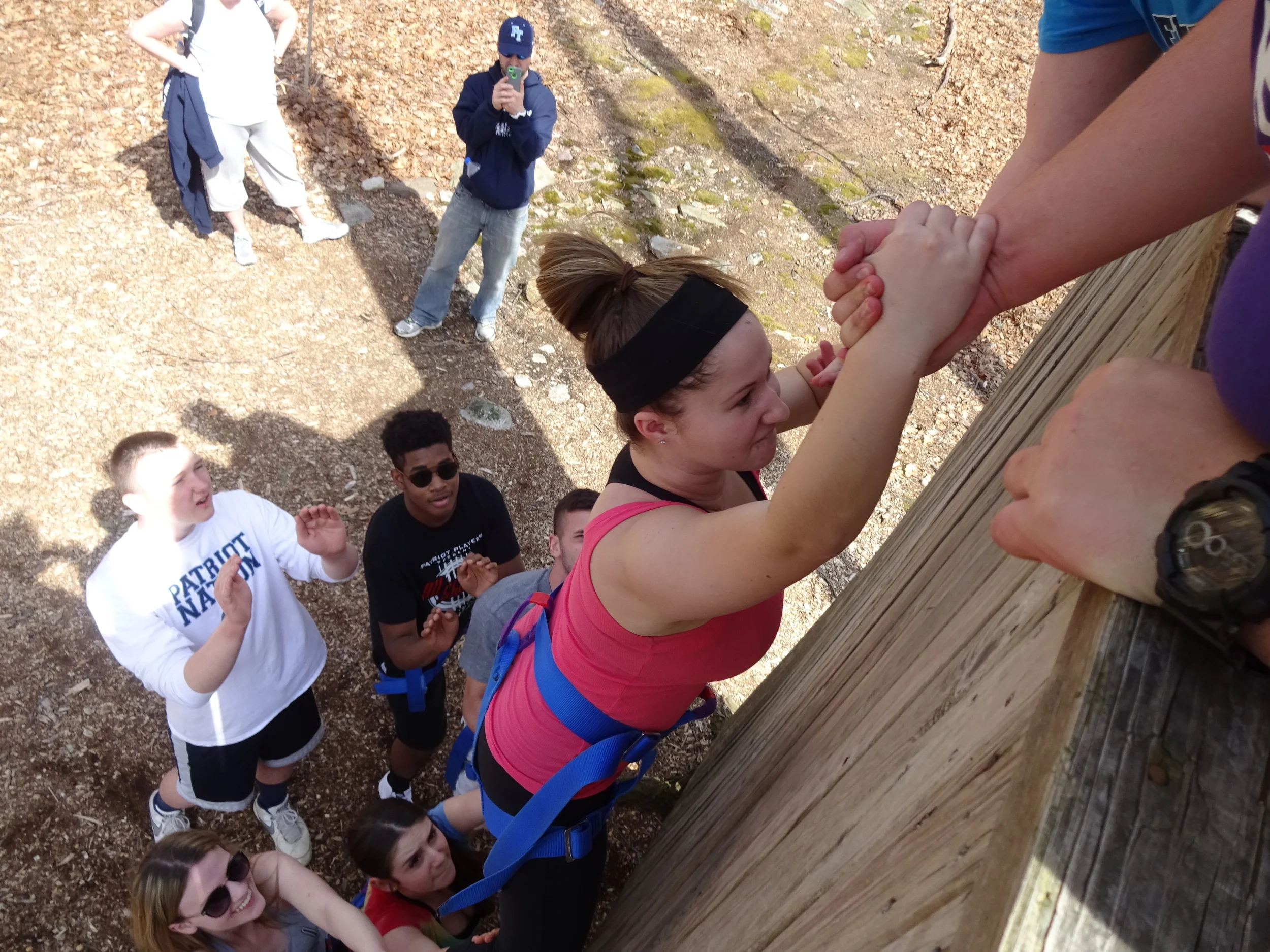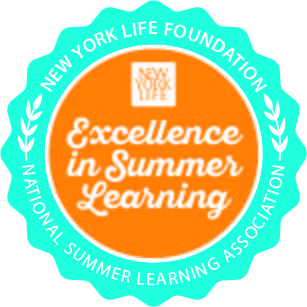Our Commitment
We reaffirm our commitment to stand up to racism and injustice and to help create a more equitable world for the children of today and tomorrow. Our staff and Board are dedicated to continuing to listen, learn, and examine issues of racism and identity as we challenge the status quo. We recognize that we are beginners in this work. We pledge to model the reflection, learning, and dialogue that we believe needs to happen to work against systemic racism within our organization and beyond to ensure a more equitable future for historically marginalized young people.
Our Past:
One of The First Camps in the US to Integrate
The Princeton-Blairstown Center has a longstanding and deep commitment to social justice, dating back to our days as the Princeton Summer Camp when we were one of the first camps in the United States to integrate.
Dr. Robert Rivers, Jr. was one of the first African-American boys from the Witherspoon-Jackson neighborhood of Princeton to attend the Princeton Summer Camp. In a 2016 article written by Dr. Rivers for Community News, he writes:
Dr. Rivers receives an honorary degree from Princeton university in 2016 in recognition of his work Toward a more diverse and equitable university.
“Although the camp for boys had been in operation for many years, African-American youngsters always had been excluded. Frank Broderick appealed to his university advisers to allow a small group of black youngsters from town to attend the camp as a “social experiment,” and the advisers agreed. I happened to be one of the eight youngsters who arrived at the camp that sunny day in August. The camp’s African-American chef kept an eye on the situation, and anyone who seriously anticipated trouble must have been relieved and surprised.
The “experiment” benefited all campers, and it resulted in a very positive learning experience for Princeton students and Princeton’s administration. The experience also became a defining moment for a 14-year-old African American. I began to think seriously about personal possibilities at Princeton University.”
History of Diverse Leadership
Over the past thirty years, the Center has demonstrated its commitment to diverse leadership even when diverse voices were not readily heard in the outdoor community. Its first non-Princeton University graduate to serve as executive director was Jennie Curtis from 1989-1993. Jennie was followed by Hendricks Davis from 1993-2004 and Wardell Robinson-Moore from 2006-2013. During this time period, the Center had a number of Board Chairs including four people of color – Andre Washington, Janet Smith Dickerson, Chris Van Buren and Shawn Maxam.
Assessment - In June 2022, the Center’s DEI Task Force utilized the Meyer DEI Spectrum Tool to get a snapshot of where our Board and staff believe the organization is on our DEI journey. This tool assessed all aspects of the Center’s operations including – Vision, Commitment, Leadership, Policies, Infrastructure, Training, Diversity, Data, Community, Decisions, Accountability, and Inclusion.
The tool included choices of “Not Yet Started,” “Ready to Start,” “Launched,” “Well Underway,” “Exemplary.” Survey outcomes indicate that 84% or more of Board and staff rated the Center as either “Launched” or “Well Underway” for all of the components assessed. Nearly 25% or more of all Board and staff rated the Center as “Exemplary” around Data, Community, Decisions, and Accountability. The DEI Task Force will use this data to prioritize next steps for the Center.
Staff - Sustained and effective staff training is crucial to nurturing a climate that fosters inclusion and equity. The Center has retained an expert diversity practitioner to inform and partner with our Senior Leadership Team to implement bi-monthly targeted training based on best practices in the DEI space. We have also substantially expanded staff participation in known, meaningful professional development programs.
Board of Trustees - The Board of Trustees is committed to advancing and providing oversight around the Center’s DEI work and has undertaken DEI training. They have spent time exploring and understanding the organization’s strengths and weaknesses and have concluded the process of updating the PBC mission statement and values through a DEI lens. The Board of Trustees set up a DEI Task Force to advance the Center’s efforts and measure progress around DEI.
Land Acknowledgement - The Princeton-Blairstown Center recognizes that we occupy traditional ancestral lands, obtained by coerced cession, of the Lenni-Lenape people, a people that are still here, continuing to honor and bring to light their ancient heritage. We honor and acknowledge that the land we occupy stands on part of their ancient homeland, which was called Lenapehoking.
Accessibility - The Princeton-Blairstown Center is committed to making its campus and experiences available for all visitors by continually working to improve access and upgrade facilities for accessibility. Our staff is available to assist any visitor with a disability.
Egner Lodge and porch (dining and restrooms) can accommodate guests who use wheelchairs, scooters, walkers, and crutches.
Danielson Lodge can accommodate guests who use wheelchairs, scooters, walkers, and crutches and has strobe lights for alerting guests with hearing loss about emergency situations & alerts.
The Center has a moveable mobility ramp for its sleeping cabins to accommodate guests who use wheelchairs, scooters, walkers, and crutches.
McAlpin Lodge (Cabin 7) can accommodate guests who use wheelchairs, scooters, walkers, and crutches.
All three of the Center’s wash houses can accommodate guests who use wheelchairs, scooters, walkers, and crutches.
The Center’s main drive and parking lot are well-paved and can accommodate guests who use wheelchairs, scooters, walkers, and crutches. Visitors with disabilities may also park next to the building they stay in.
Service animals are welcome, please contact pkarl@princetonblairstown.org to make arrangements.
Belonging - As part of the Center’s efforts to create an equitable and inclusive community so that all young people, staff, groups, and organizations feel welcome, respected, and are treated fairly we work to pronounce the names of young people and adults correctly, if people use different pronouns we address them in the ways they identify and feel respected, we have created gender neutral bathrooms, and we help some groups with transportation for young people who are from communities struggling with poverty and food insecurity.
Curriculum Development - As per our Strategic Plan, our Program Team has developed a comprehensive DEI curriculum focused on building social-emotional skills and helping students develop self-awareness and empathy in order to promote enhanced social-awareness and civic engagement directed at building a more equitable society. They have also refined curriculum that uses the Center’s garden to teach about food justice to encourage students to take action in support of equal access to wholesome, healthy foods. They have further integrated the Center’s Summer Bridge Program to deliver intentional social justice-infused STEM, literacy, and SEL curricula.



























